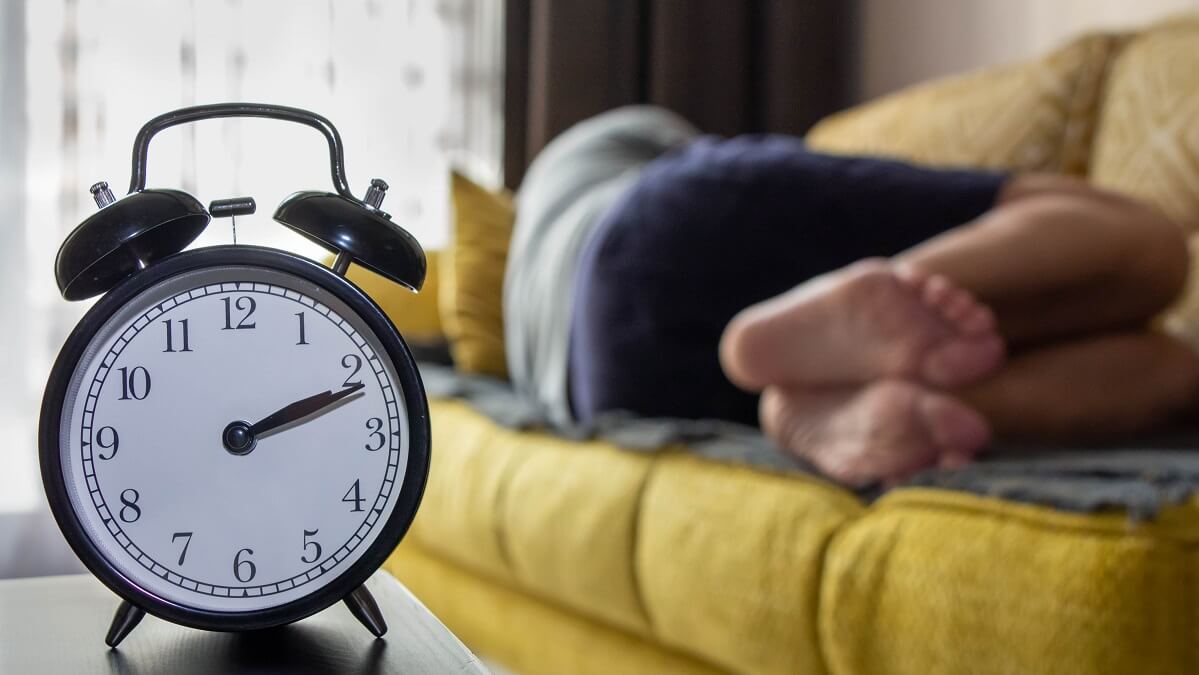Daytime napping has long been associated with a quick energy boost and improved cognitive function. Now, a new study suggests that habitual napping may also have a positive impact on brain health as you age.
Previous research has demonstrated the cognitive benefits of napping, with individuals who take short naps performing better in cognitive tests than those who do not nap. This study aimed to establish a causal relationship between daytime napping and overall brain health.
The study, undertaken by the University College London (UCL) and published in the journal Sleep Health, examined data from healthy individuals aged 40 to 69 and found a causal link between regular napping and larger total brain volume.
As you age, your brain begins to shrink physically and larger brain volume is considered a marker of better brain health. It is also associated with a lower risk of dementia and other diseases.
Dr Victoria Garfield, senior author of the study, explains: “Our findings suggest that, for some people, short daytime naps may be a part of the puzzle that could help preserve the health of the brain as we get older.”
The researchers analysed 97 snippets of DNA that are believed to influence a person’s likelihood of habitual napping. By comparing brain health and cognition measures of individuals who are genetically predisposed to nap with those who do not, the researchers found that those predisposed to nap had a larger total brain volume overall.
The researchers estimated that the average difference in brain volume between habitual nappers and non-nappers was equivalent to 2.6 to 6.5 years of ageing.
However, the study did not find a difference in other measures of brain health and cognitive function between the two groups, such as hippocampal volume, reaction time, and visual processing.
While the study provides valuable insights, there are some limitations. All participants in the study were of white European ancestry, so the findings may not be immediately generalised to other ethnicities.
Additionally, the study did not have information on nap duration, but earlier research suggests that naps of 30 minutes or less provide the best short-term cognitive benefits and that napping earlier in the day is less likely to disrupt night-time sleep.
Despite these limitations, the study contributes to our understanding of the potential benefits of daytime napping on brain health.
“I hope studies such as this one showing the health benefits of short naps can help to reduce any stigma that still exists around daytime napping,” Dr Garfield says.
So, if you’re a fan of taking a quick snooze during the day, it’s good to know that it may not only boost your energy levels but also contribute to the health of your brain.
How often do you nap during the day? How long do you nap for? Let us know in the comments section below.

